Problem-Solving Skills Adding Up to 5 Worksheets for Ages 5-6
37 filtered results
-
From - To
Introduce your little learners to essential problem-solving skills with our "Adding Up to 5" worksheets, specially designed for ages 5-6! These engaging activities combine math fundamentals with fun challenges, helping children develop critical thinking and reasoning skills. Each worksheet provides colorful visuals and interactive problems that encourage kids to explore different ways to make numbers up to 5. As they practice addition in an enjoyable way, they also enhance their ability to analyze situations and develop strategies for finding solutions. Perfect for home or classroom use, these worksheets are a fantastic resource for nurturing young mathematicians and boosting their confidence!
Problem-solving skills are crucial for children ages 5-6, as they form the foundation for future learning and critical thinking. At this early age, children are developing cognitive abilities that will influence their approach to challenges throughout their lives. Focusing on problem-solving with simple math like adding up to 5 helps children understand numbers and the relationships between quantities, enhancing their numerical literacy.
For parents and teachers, fostering these skills is essential because they encourage logical reasoning and creativity. As children encounter different scenarios requiring problem-solving, they learn to approach problems methodically, explore various strategies, and evaluate outcomes. This mindset not only applies to math but also to everyday life situations, encouraging resilience and adaptability.
Additionally, mastering early math concepts builds confidence in children, making them more willing to tackle complex problems as they progress through school. Engaging activities, like games and hands-on group work, can make learning enjoyable while enhancing social skills and teamwork.
In summary, prioritizing basic problem-solving skills in mathematics—a fundamental aspect of early education—empowers children to become capable thinkers and learners, reinforcing both academic success and personal development.
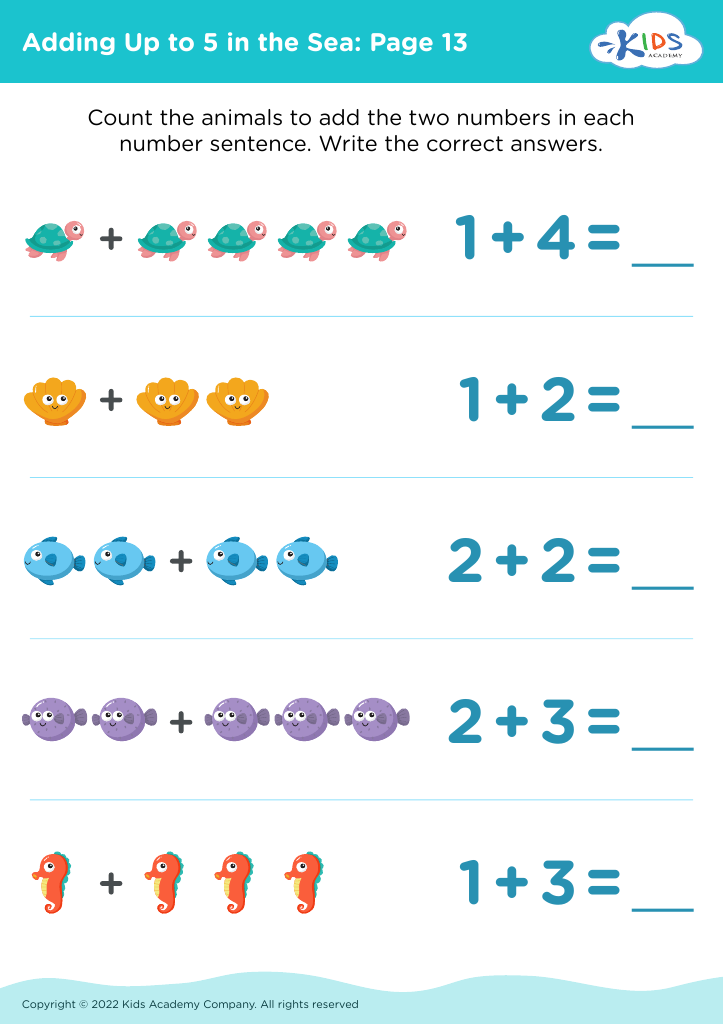
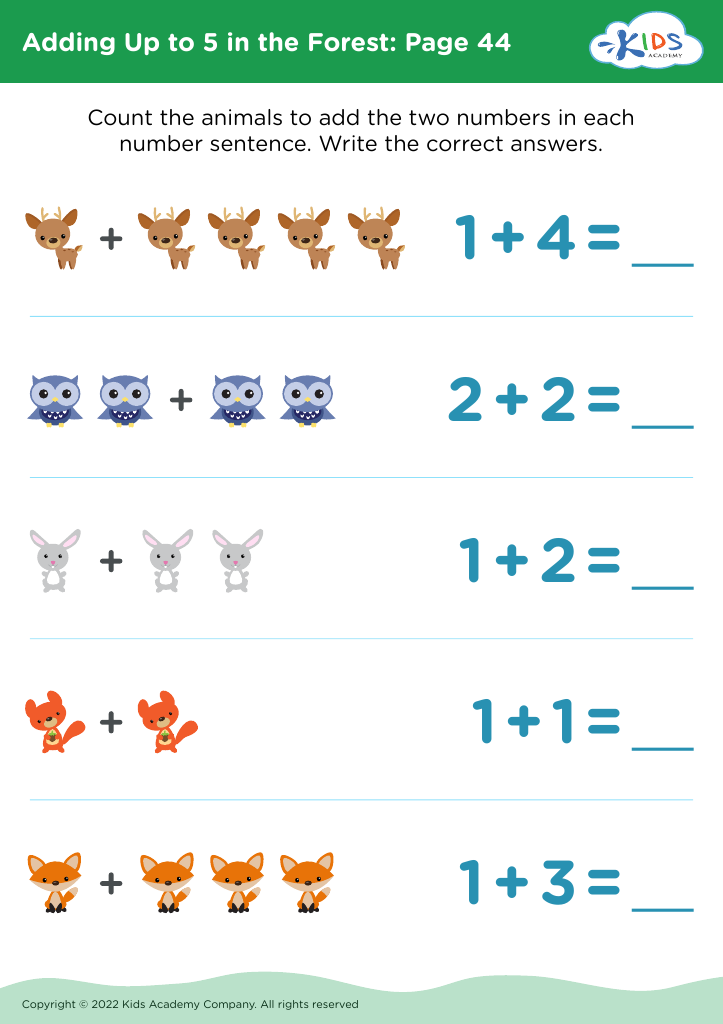
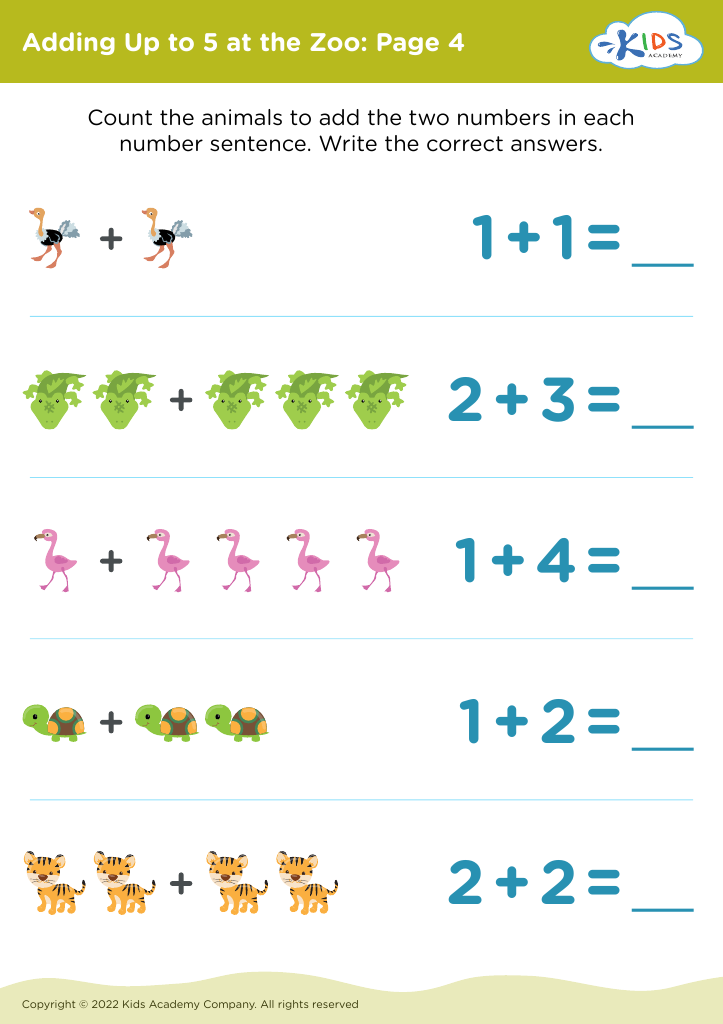
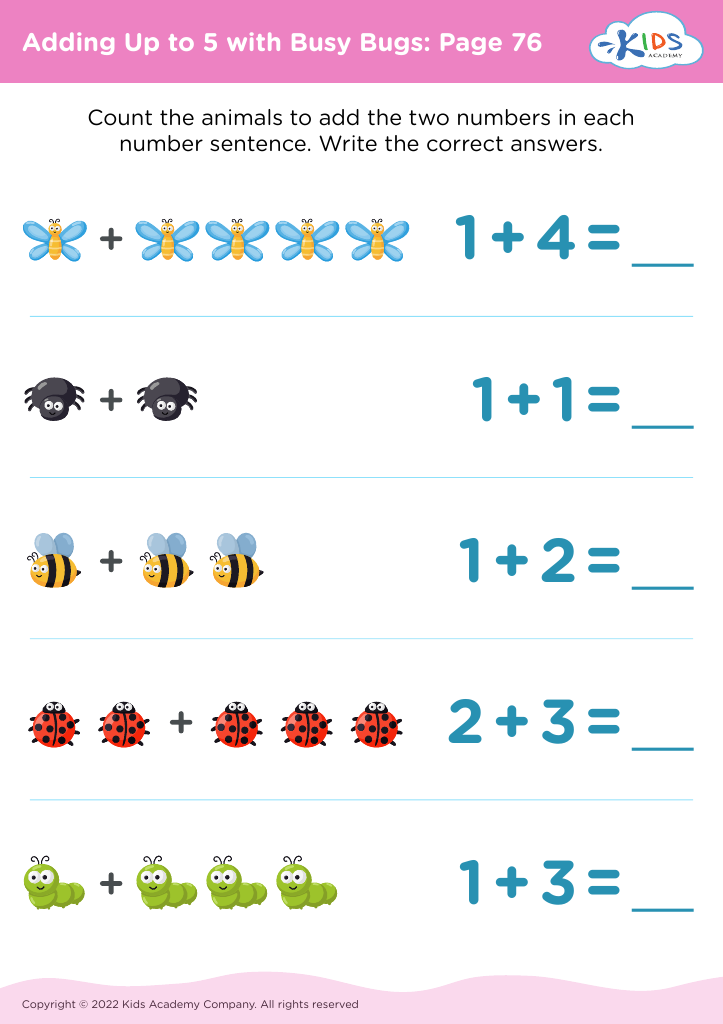
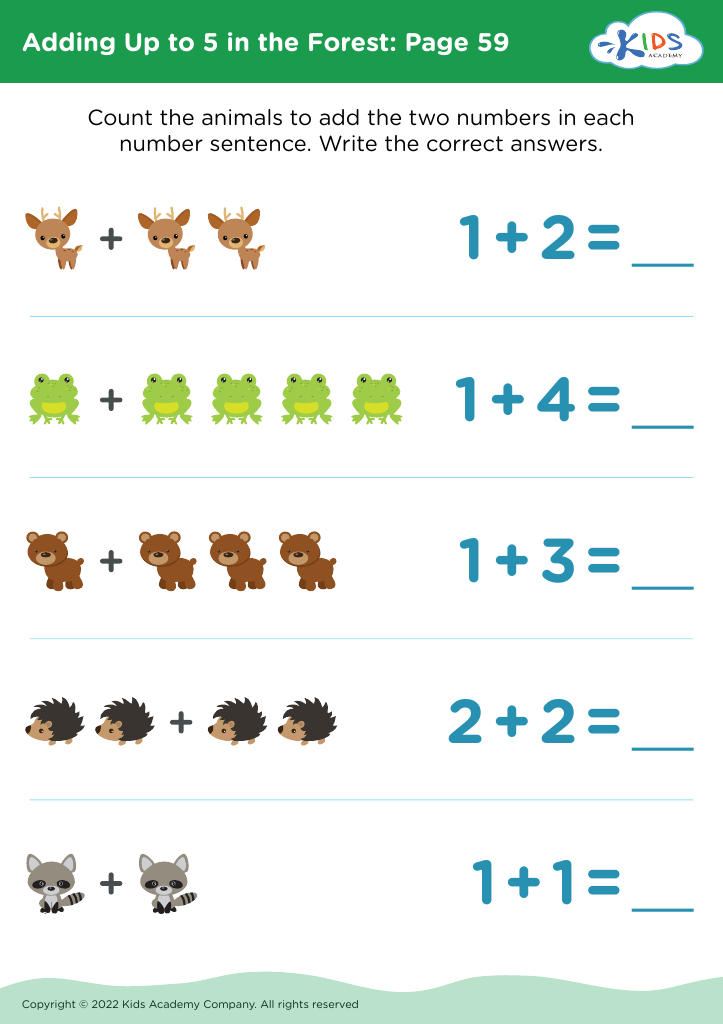
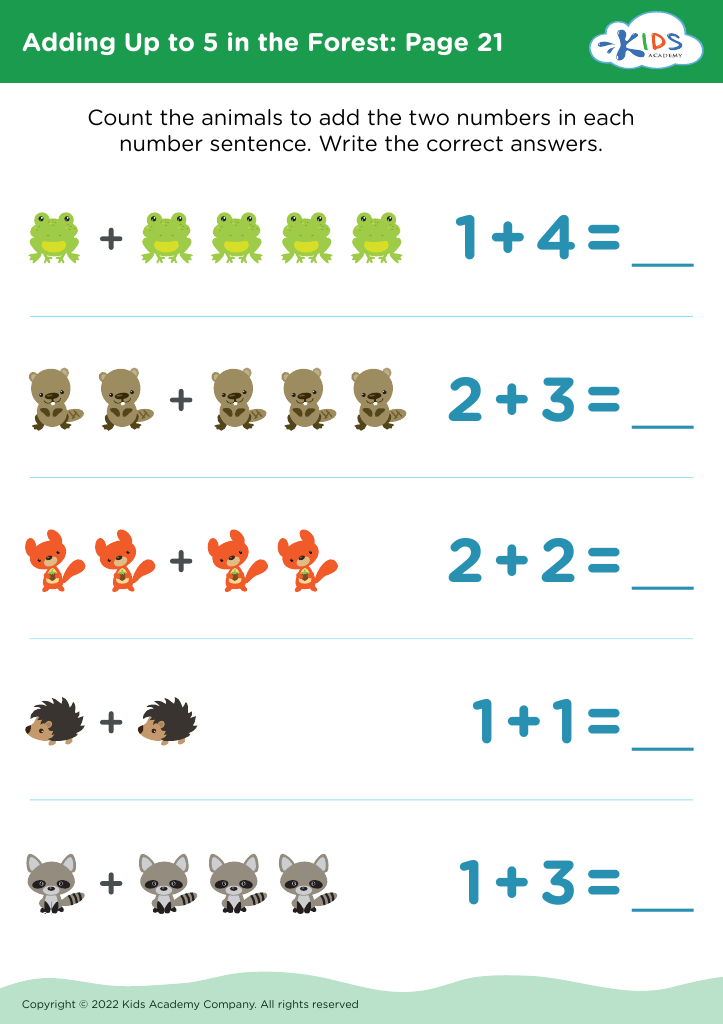
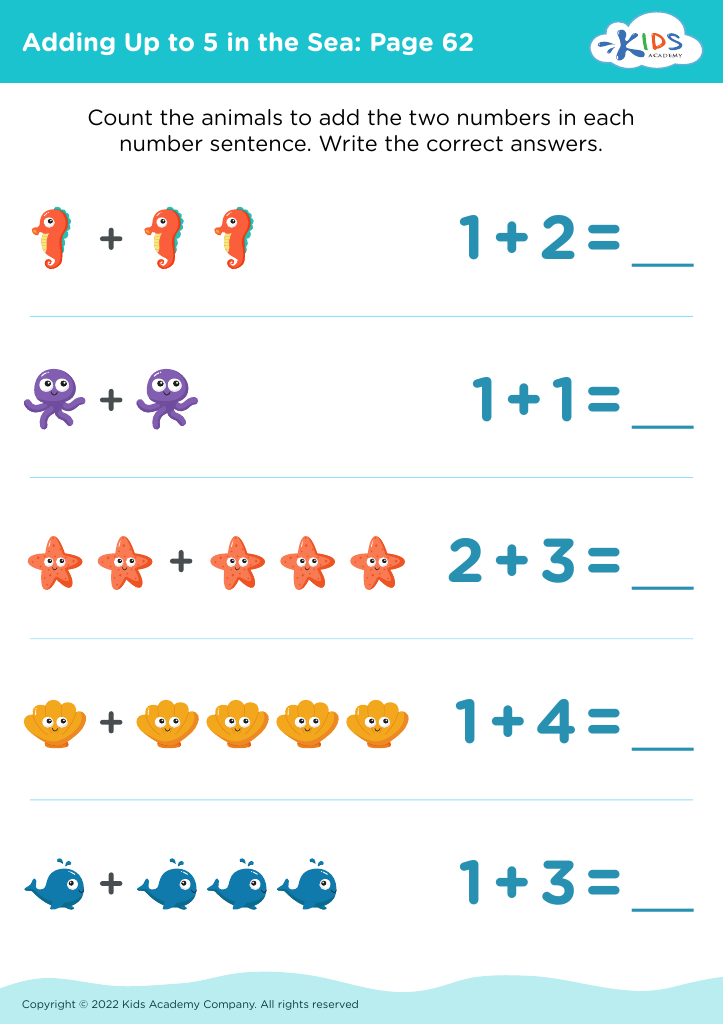
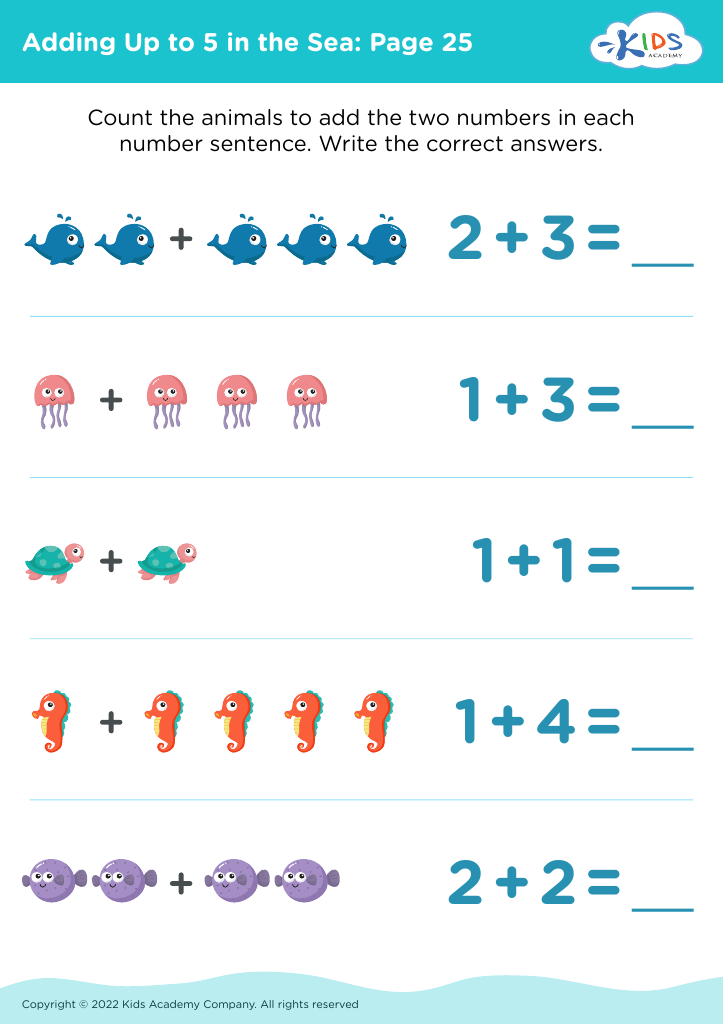
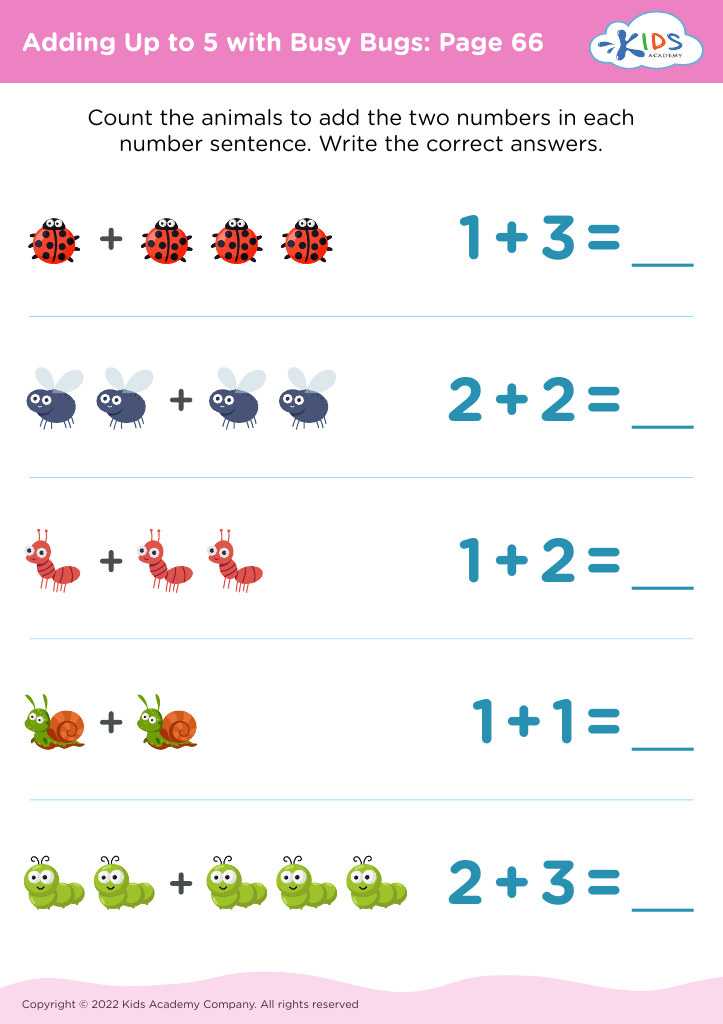
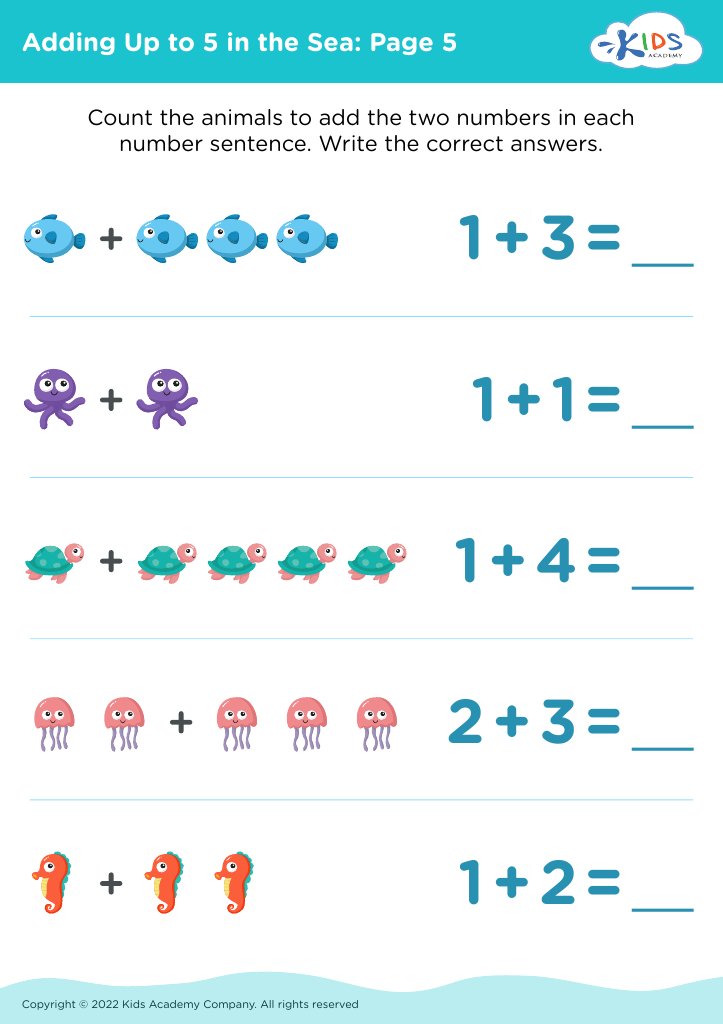
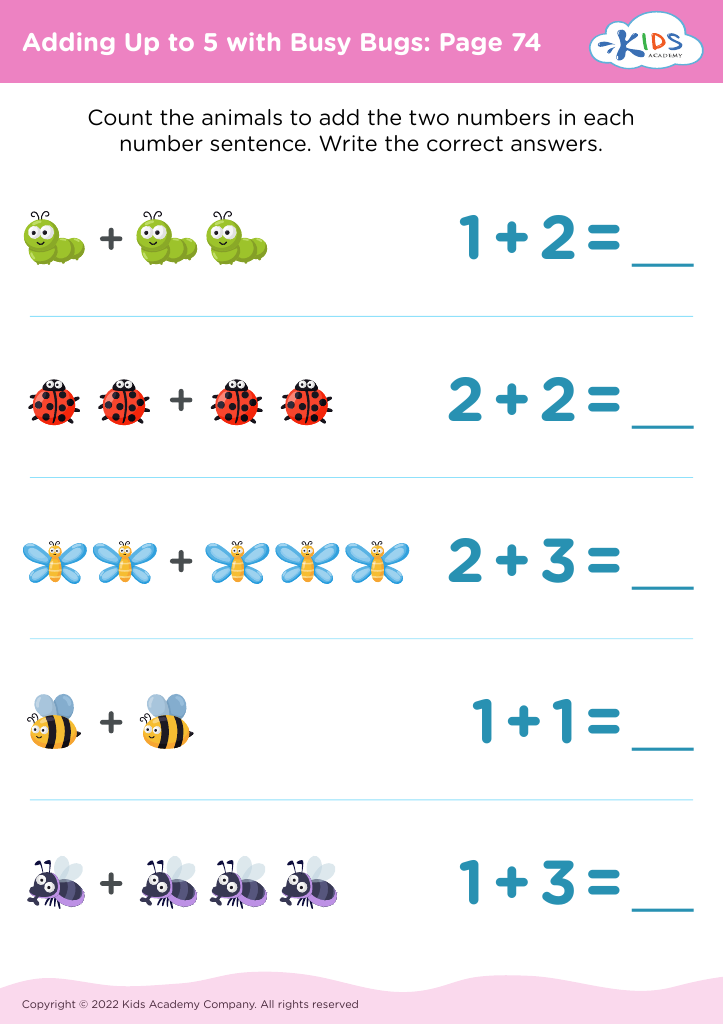
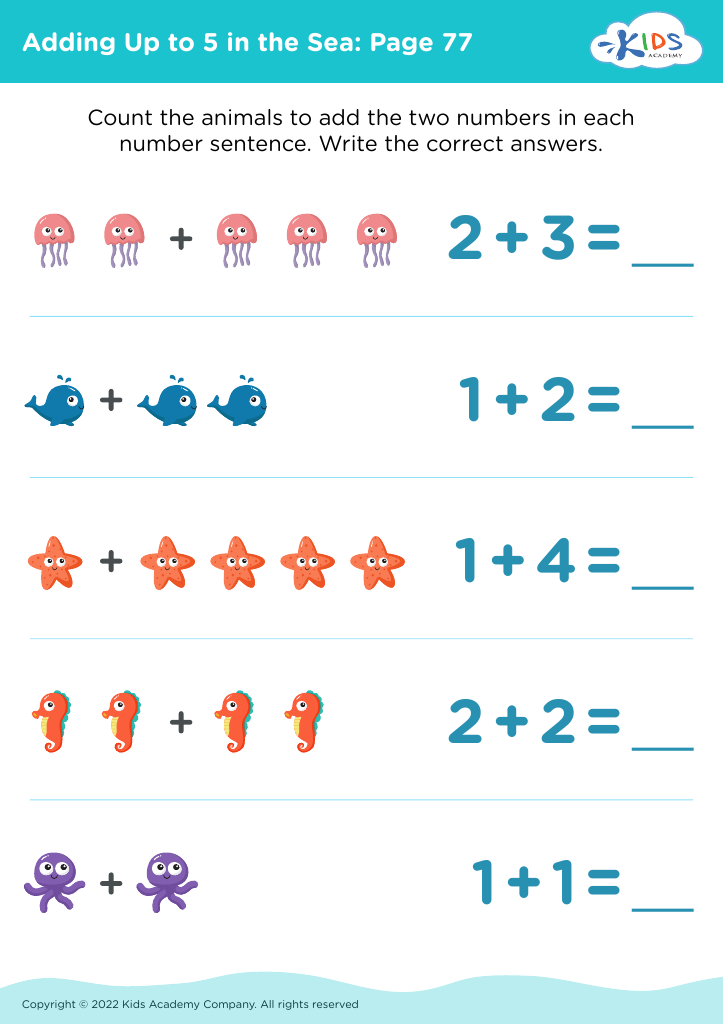
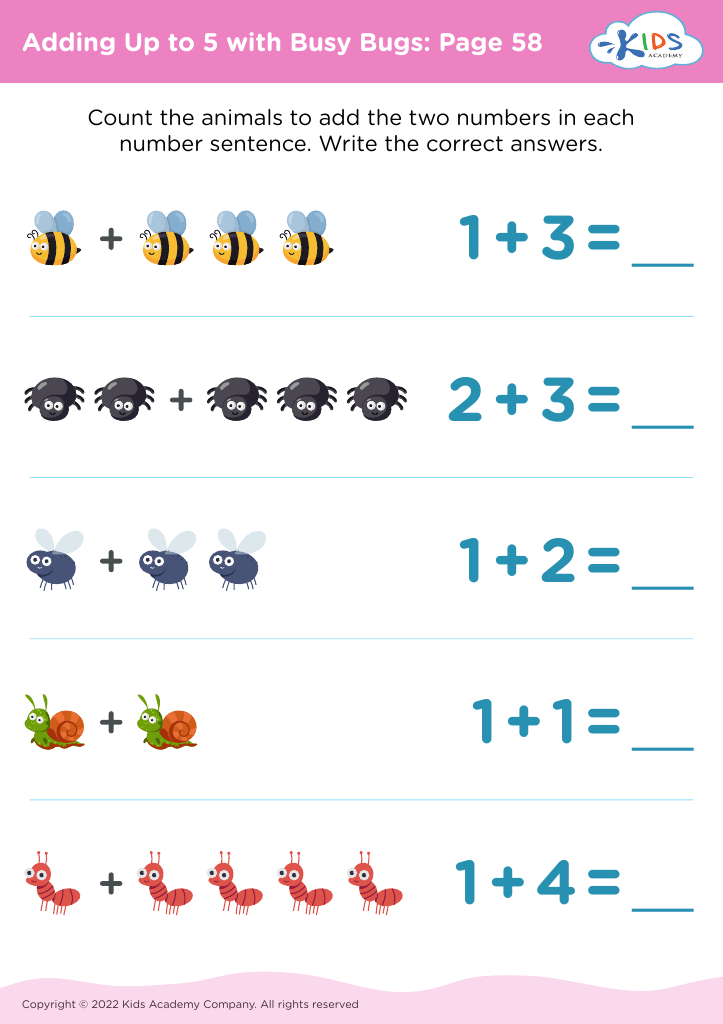
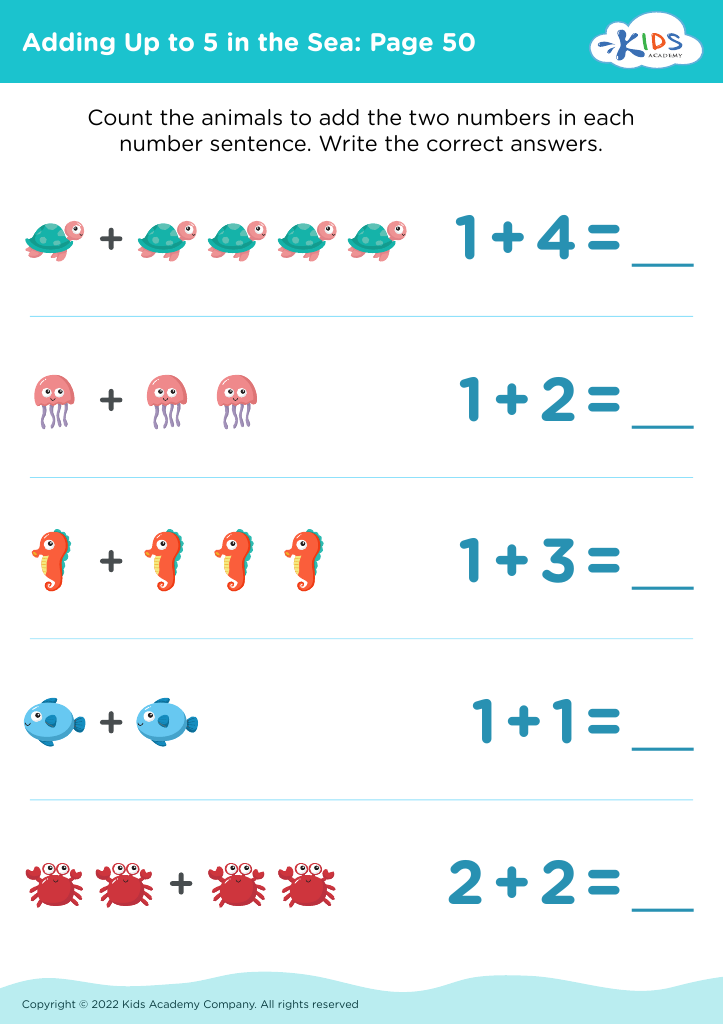
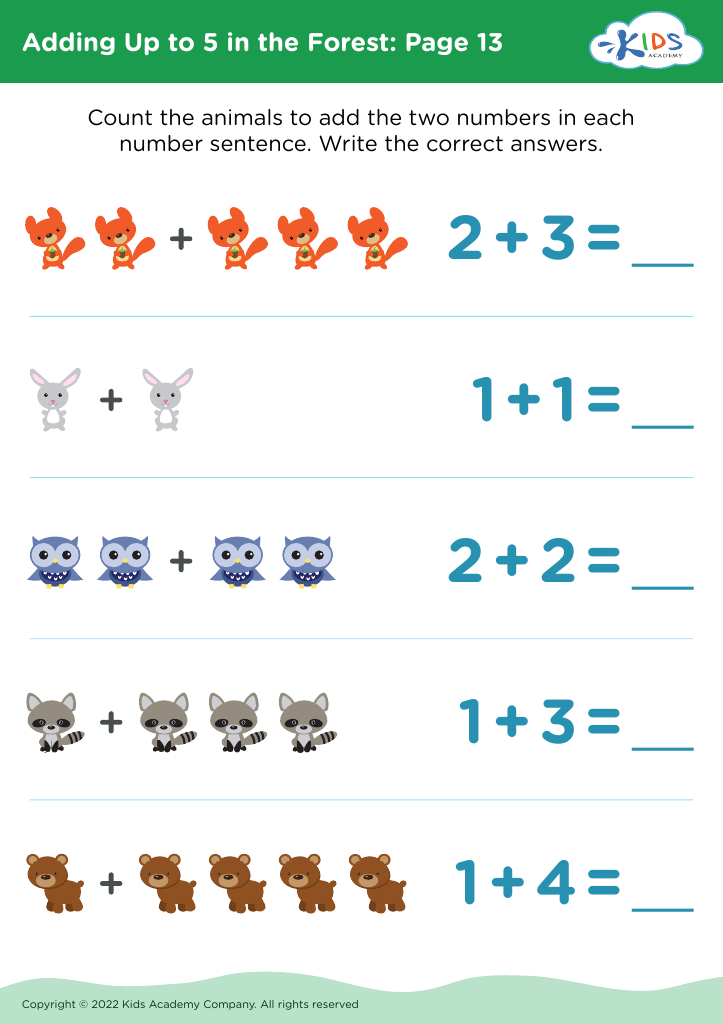
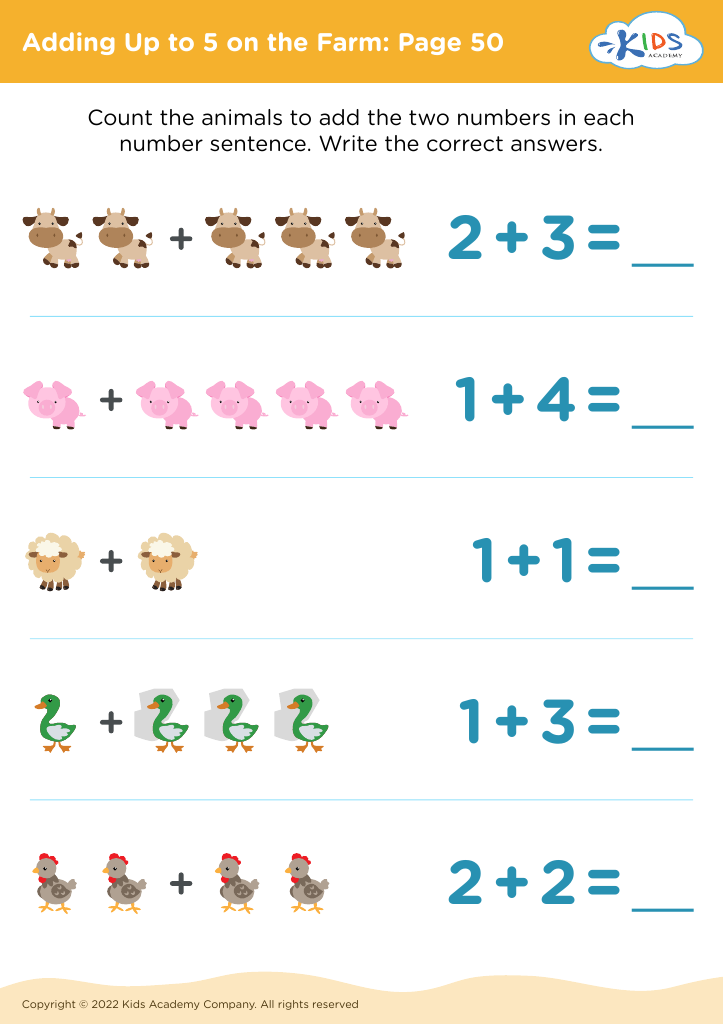
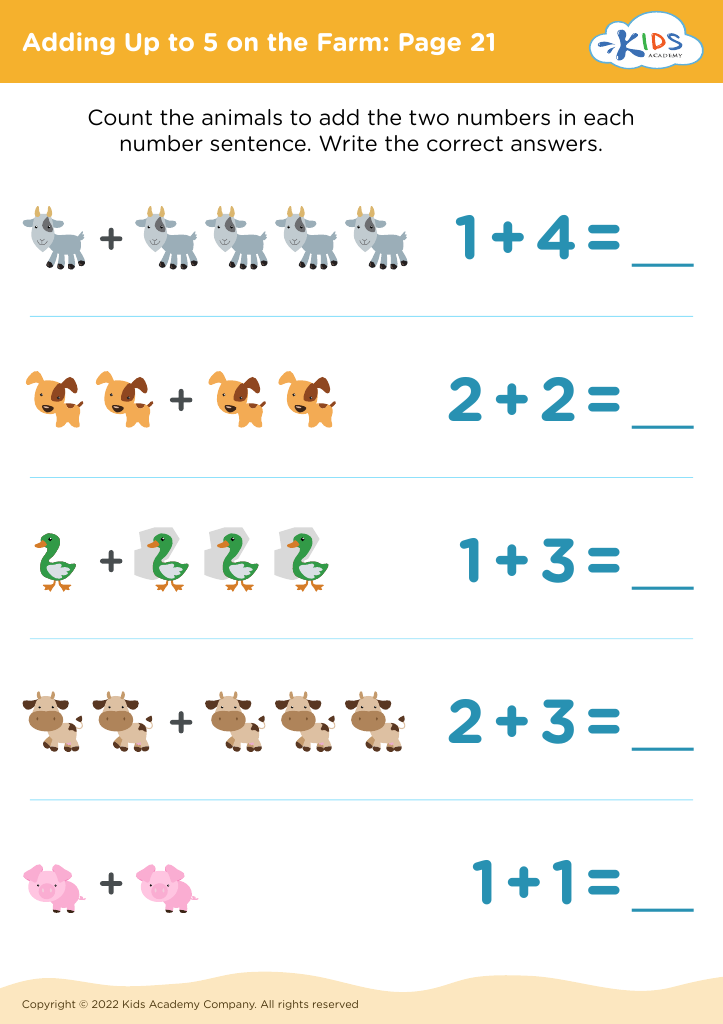
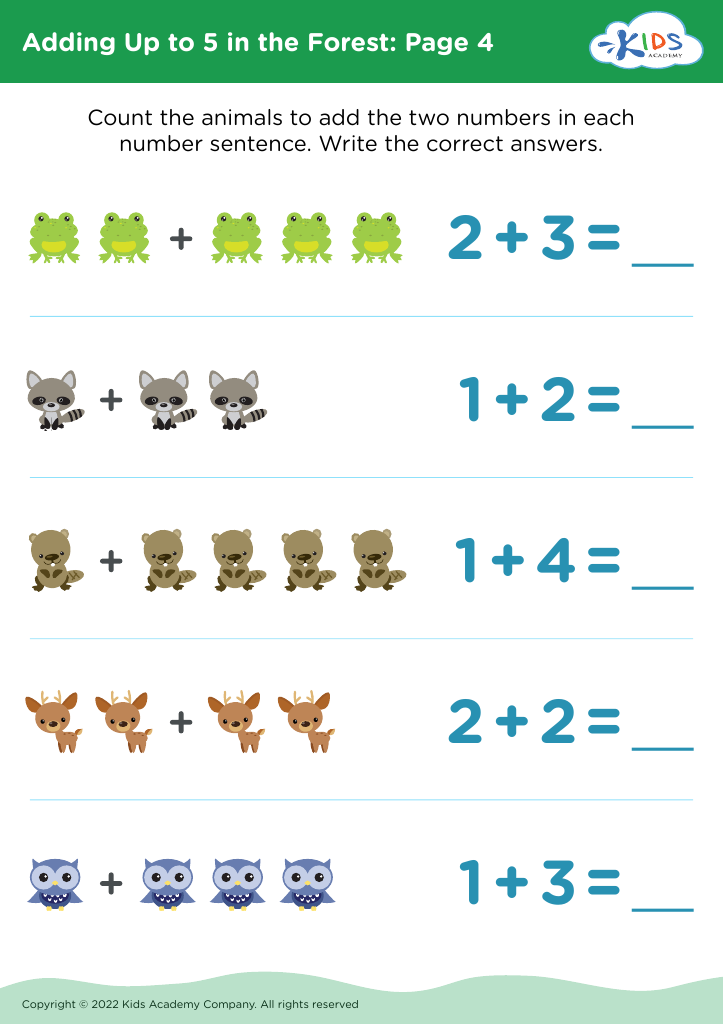
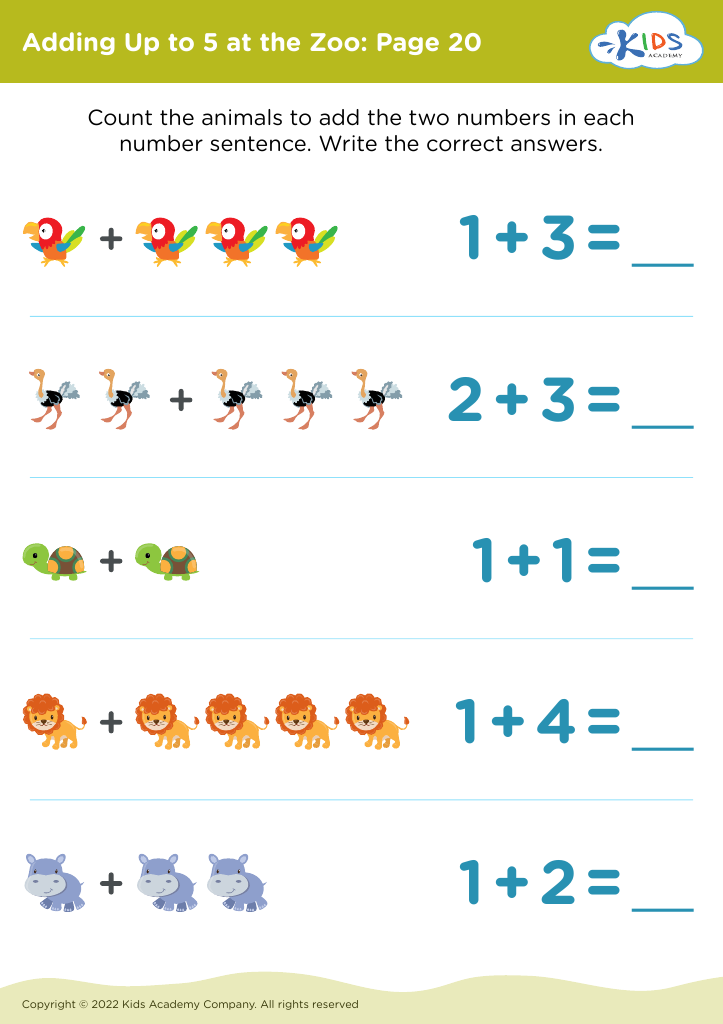
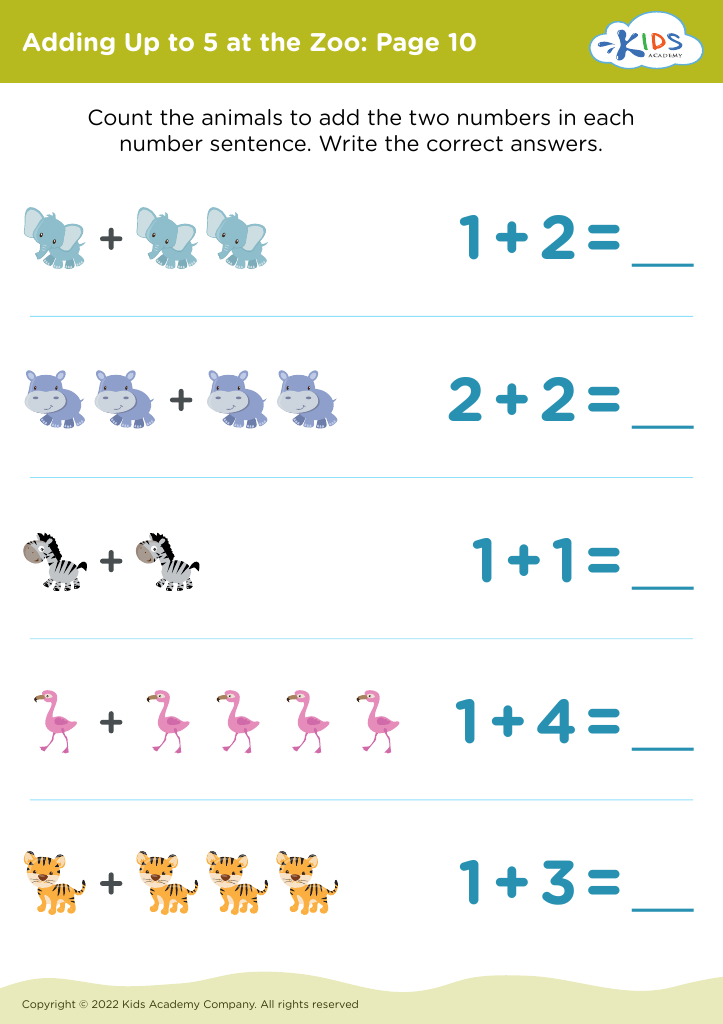
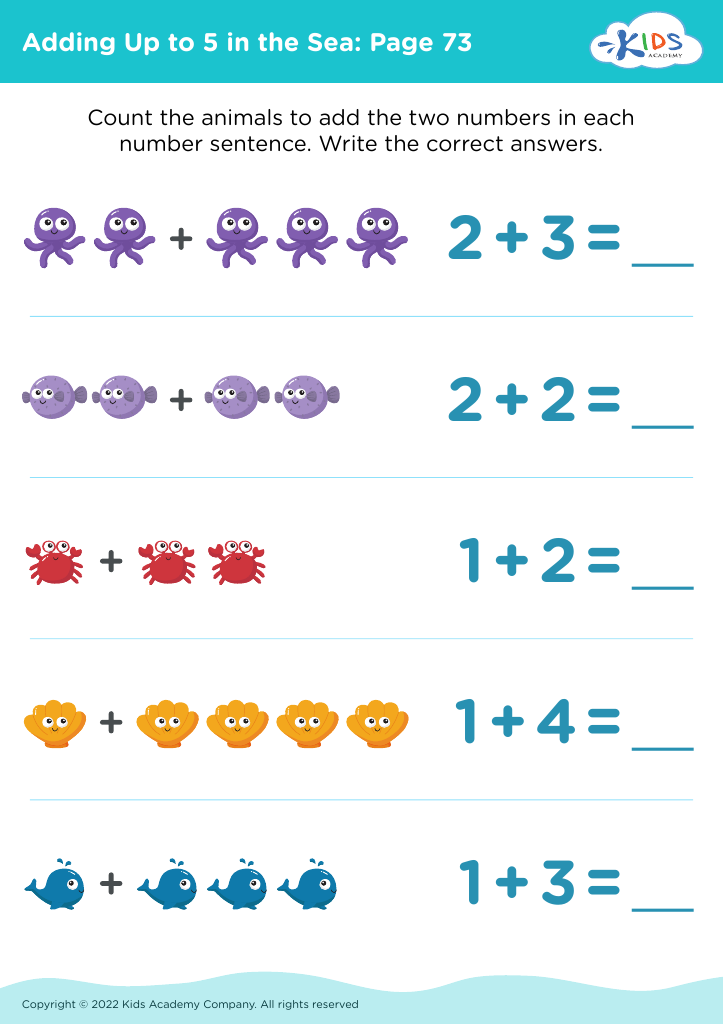
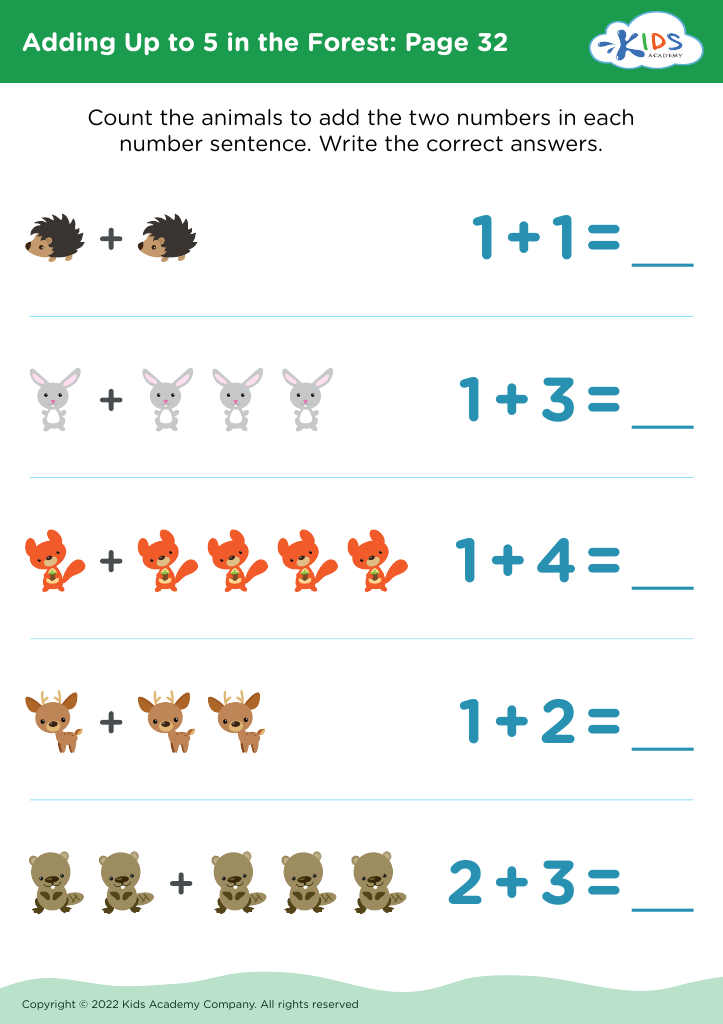
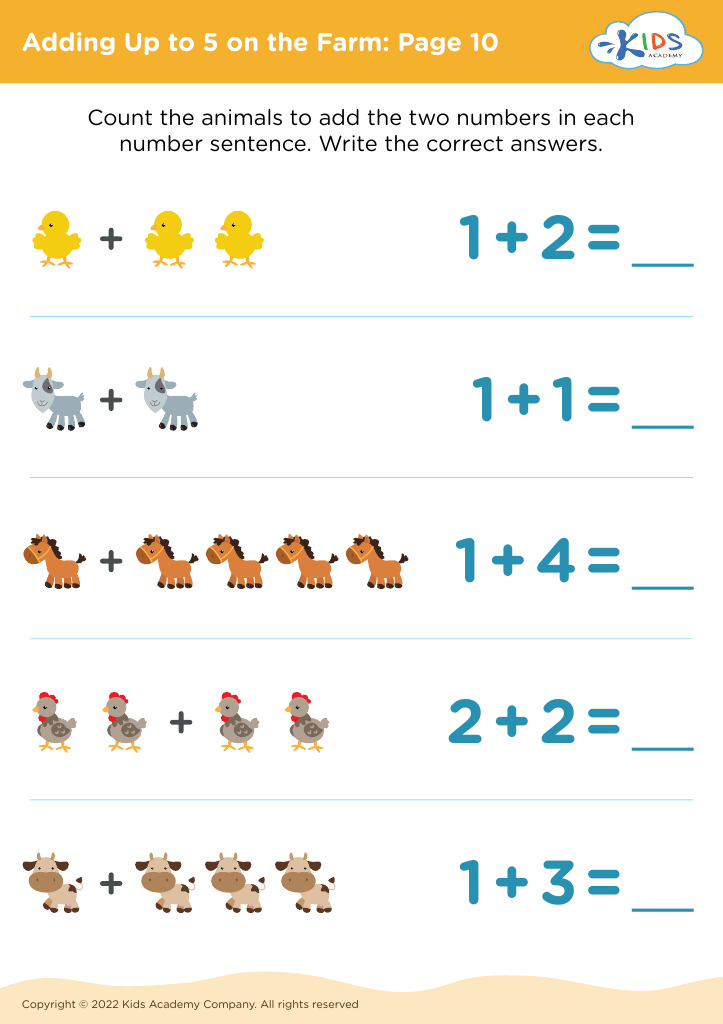
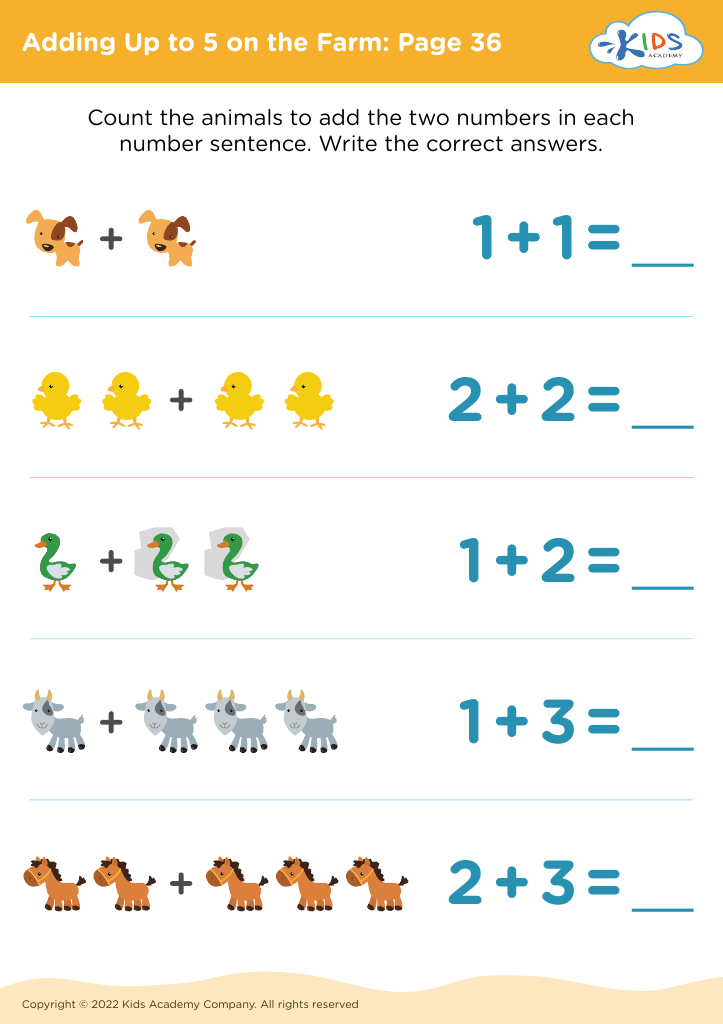





%20(1).jpg)










